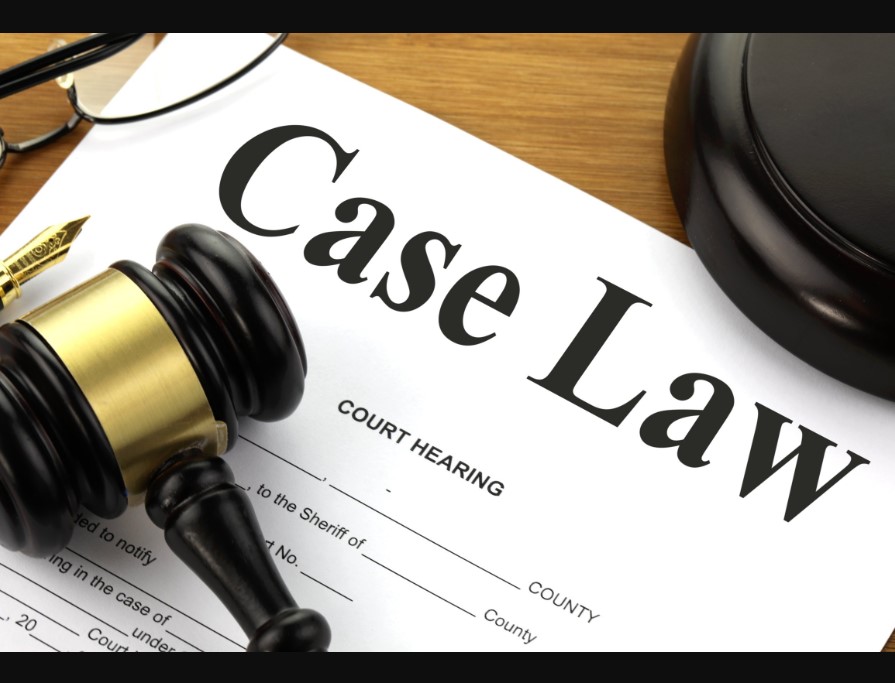
Family law is an area of the legal system that addresses issues related to family relationships. This broad field includes everything from marriage and divorce to child custody and adoption, aiming to protect the rights and interests of family members. With family dynamics constantly evolving, family law serves as a critical pillar in ensuring that individuals are treated fairly within the confines of these relationships. This article delves into various aspects of family law, exploring common issues, legal procedures, and the impact of family law on society.
What is Family Law?
Family law encompasses laws and regulations related to familial relationships. It deals with issues such as marriage, divorce, child custody, and adoption, among others. Family law can vary widely depending on jurisdiction, but its fundamental goal is to safeguard the rights of all parties involved, particularly children and other vulnerable individuals.
Family law cases are often handled in specialized courts, and decisions in these cases are generally based on statutes, precedents, and the specific circumstances of each case. Legal professionals who practice family law, commonly referred to as family lawyers or attorneys, focus on guiding individuals through these processes to reach fair and reasonable outcomes.
Key Areas of Family Law
Family law covers a wide array of issues, some of which are detailed below:
Marriage and Civil Unions
- Family law governs the legality of marriage, setting requirements such as age, consent, and licensing. In addition to marriage, some jurisdictions recognize civil unions or domestic partnerships, which provide legal recognition of relationships similar to marriage. Family law addresses disputes or conflicts that may arise during the dissolution of these relationships, especially regarding property and financial matters.
Divorce and Legal Separation
- Divorce, also known as dissolution of marriage, is one of the most common issues in family law. It involves the legal termination of a marriage and addresses matters such as property division, spousal support (alimony), and the allocation of debts. In some cases, couples may choose a legal separation, which allows them to live separately without terminating the marriage. Family lawyers help clients navigate the complex process of divorce to reach an equitable settlement.
Child Custody and Visitation Rights
- Child custody is a significant component of family law. It determines where and with whom a child will live following the separation or divorce of their parents. Courts may grant joint custody, where both parents share custody, or sole custody, where only one parent has custody. Visitation rights are also established to ensure the non-custodial parent maintains a relationship with the child. The child’s best interests are always the primary consideration in custody cases, taking into account factors like the parents’ ability to care for the child, the child’s age, and their emotional needs.
Child Support
- Family law mandates financial support from the non-custodial parent to ensure the child’s needs are met. Child support calculations are typically based on factors such as the parents’ income, custody arrangements, and the child’s specific needs. This support is intended to cover necessities like food, housing, clothing, and education. Enforcement of child support orders is a crucial aspect of family law, as failure to pay can lead to legal penalties.
Adoption
- Adoption laws regulate the process through which a person legally becomes the parent of a child. This process requires thorough legal oversight to protect the interests of the child and ensure a smooth transition into the adoptive family. Family law attorneys help families navigate the complex adoption process, which may involve background checks, home studies, and legal documentation. Adoption cases vary depending on factors like international versus domestic adoption or private versus agency adoption.
Paternity
- Establishing paternity is essential for determining a child’s legal father, which can impact issues such as custody, visitation, and child support. Paternity cases often arise when there is a dispute regarding a child’s parentage, and they may involve genetic testing or court intervention to confirm paternity. Legal determination of paternity ensures the child’s rights to parental support and inheritance.
Domestic Violence and Protection Orders
- Family law provides legal remedies for victims of domestic violence, including restraining orders and protection orders. These orders prohibit the abuser from contacting or approaching the victim and are enforced to protect individuals and their families from harm. Domestic violence cases often intersect with other family law issues, such as child custody, as they significantly impact the family dynamics.
Family Law Procedures
Family law cases can be highly emotional and legally complex. Understanding the general legal procedures involved can help individuals navigate the system effectively:
Filing a Petition
- Most family law cases start with one party filing a petition or complaint with the court. This document outlines the petitioner’s requests, whether for divorce, child custody, or another matter. The other party, known as the respondent, is then notified and given a chance to respond.
Discovery Process
- In cases where disputes arise (e.g., divorce or custody), both parties engage in a discovery process, where they exchange information related to their claims. This may include financial records, property documents, and any evidence relevant to the case. Discovery allows both sides to make informed decisions and negotiate more effectively.
Mediation and Alternative Dispute Resolution
- Family law encourages resolving disputes outside the courtroom through mediation or arbitration, especially in child custody and divorce cases. Mediation involves a neutral third party who helps the individuals negotiate a solution that suits both parties, while arbitration involves a third party making binding decisions based on the evidence.
Trial and Court Hearing
- If mediation fails, the case may proceed to a trial. During a trial, each side presents evidence and arguments before a judge who then makes a legally binding decision. Family law trials are typically less formal than criminal trials but can be equally adversarial.
Importance of Family Law in Society
Family law is essential in maintaining order and protecting individual rights within family units. By regulating relationships and handling disputes, family law plays a vital role in stabilizing society. Here are some key ways family law impacts society:
- Protecting Vulnerable Members: Family law prioritizes the protection of children, the elderly, and victims of domestic violence by providing legal avenues for safeguarding their interests.
- Promoting Fairness: Family law ensures equitable solutions for spouses, parents, and children, providing financial support, custodial rights, and emotional security.
- Encouraging Conflict Resolution: By promoting mediation and alternative dispute resolution, family law helps reduce the emotional toll on families and expedites the legal process.
- Defining Legal Relationships: Through the legal recognition of relationships like marriage, adoption, and guardianship, family law provides clarity and structure to personal relationships.
The Role of Family Lawyers
Family lawyers play an integral role in guiding individuals through complex family law issues. They provide valuable advice, represent clients in court, and help negotiate settlements. Family law attorneys specialize in areas such as child custody, divorce, and adoption, where they work to protect the rights and interests of their clients.
A skilled family lawyer understands the emotional and sensitive nature of family law cases and strives to achieve outcomes that foster long-term stability and peace for the individuals involved.
Conclusion
Family law is a multifaceted and essential area of the legal system, ensuring the protection of individual rights and the resolution of conflicts within family relationships. By handling cases such as divorce, child custody, adoption, and domestic violence, family law safeguards the well-being of families and strengthens the social fabric. For individuals facing family law issues, consulting an experienced family lawyer is often crucial to navigating these challenges and achieving fair and favorable outcomes.
Whether through court rulings or negotiated settlements, family law remains instrumental in shaping relationships and promoting harmony within families and society as a whole.






